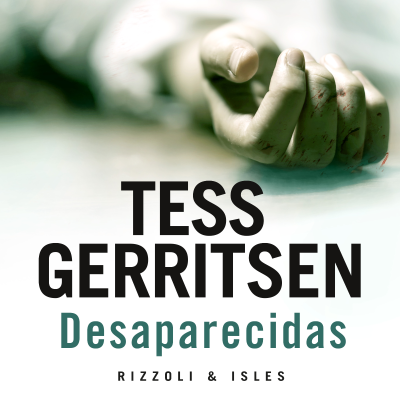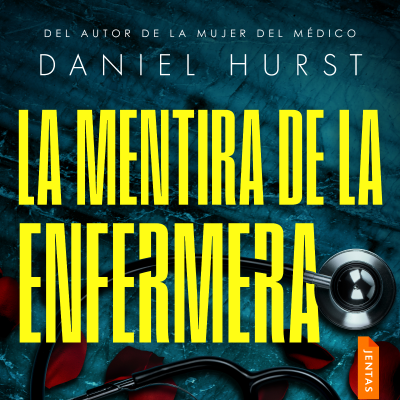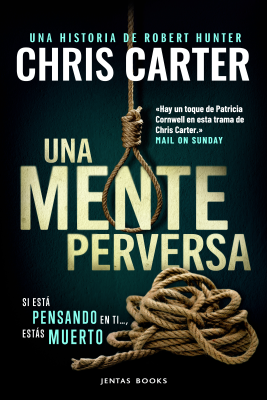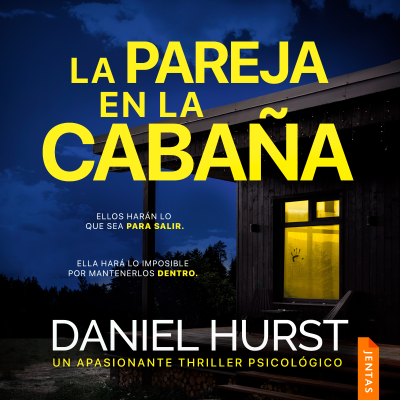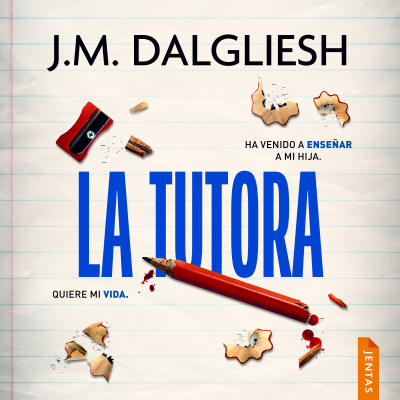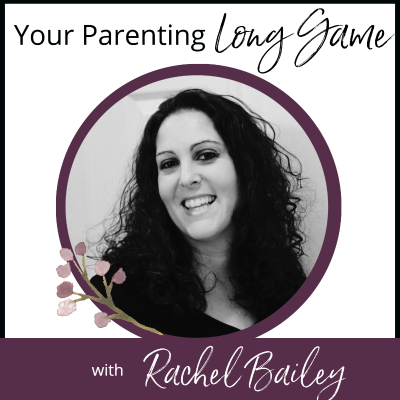
Your Parenting Long Game
inglés
Familia
Disfruta 30 días gratis
4,99 € / mes después de la prueba.Cancela cuando quieras.
- 20 horas de audiolibros / mes
- Podcasts solo en Podimo
- Podcast gratuitos
Acerca de Your Parenting Long Game
This podcast is for parents who not only want to short-term tips for handling current kids' behaviors and moods, but who are exhausted from addressing the same situation over and over and want to find solutions that last much longer into the future. Because you will receive plans and step-by-step tools, it's also for parents who crave feeling in control -- and who do much better with structure than the chaos traditionally associated with parenting.
Todos los episodios
302 episodiosEpisode 370: Notes from a Client Session: What's Making It Hard for You to Defuse Situations
When our kids melt down, snap back, or seem resistant, it's easy to think, "This is bad. I need to make this stop." But when we see our child's behavior as a threat, our nervous system gets pulled into the struggle too, and everyone stays stuck longer. The real shift that shortens hard moments doesn't come from controlling behavior. It comes from changing the meaning we give it. In this episode, you'll hear: * Why your child's negativity or resistance is a sign of discomfort, not defiance * How the story you tell yourself about your child's behavior determines whether situations escalate or resolve * What you need in order to help kids' behavior improve more quickly -- Free resources to support you as you're raising children with big emotions [https://resources.rachel-bailey.com/] Work with Rachel [https://rachel-bailey.com/work-with-rachel/]
Episode 369: Notes from a Client Session: Why We TALK TOO MUCH
When our kids aren't listening, we often default to talking more in an attempt to be more clear...more firm...more persuasive. But as we know, our EXTRA words often don't lead to better results. Fortunately, the solution to motivating more responsibility in our kids takes less energy, not more. In this episode, you'll hear: * Why a child's "not listening" may not be a listening problem * What to say and do so that your child is more likely to do things they don't feel like doing * What YOU likely need in order to implement this strategy -- LIVE PLANNING SESSION: When Emotions Control Your Home: Build Your Plan to Calm Emotional Storms (When Nothing Seems to Work) [https://rachel-bailey.thrivecart.com/when-emotions-control-your-home/] Free resources to support you as you're raising children with big emotions [https://resources.rachel-bailey.com/] Work with Rachel [https://rachel-bailey.com/work-with-rachel/]
Episode 368: Notes from a Client Session: Increasing Your Influence
As parents, we want to be a steady, positive influence...someone our child trusts, listens to, and feels safe with. But in the hardest moments, that influence often slips away, not because we don't care or aren't trying, but because our child's reactions pull us into doubt, urgency, or over-accommodation. In this episode, I explain why influence breaks down under pressure, and how rebuilding it starts with balancing confidence and connection. In this episode, you'll hear: * Why confidence without connection can lead to shame, power struggles, and self-doubt in kids * How connection without confidence can actually increase anxiety and resistance * What it sounds like in real life to hold firm limits and care about your child's experience so both of you feel safer and more capable -- LIVE PLANNING SESSION: When Emotions Control Your Home: Build Your Plan to Calm Emotional Storms (When Nothing Seems to Work) [https://rachel-bailey.thrivecart.com/when-emotions-control-your-home/] Free resources to support you as you're raising children with big emotions [https://resources.rachel-bailey.com/] Work with Rachel [https://rachel-bailey.com/work-with-rachel/]
Episode 367: When You Know How You Want to Respond... But Just Can't Do It
Most parents don't realize that the hardest moments aren't hard because you don't know what to do... They're hard because your child's behavior is directly impacting your energy, your time, or your sanity. In this episode, I'll break down why that matters more than you think, and how to reclaim your sense of control without needing your child to change first. In this episode, you'll hear: * The hidden ways your child's behavior affects your ability to stay regulated * Why struggling in these moments doesn't mean you're doing anything wrong * The simple 3-step process that helps you feel more grounded and effective * How to support your child's needs and your own so things start to shift more quickly -- Live Planning Session: When Emotions Control Your Home: Build Your Plan That Finally Brings Peace [https://rachel-bailey.thrivecart.com/when-emotions-control-your-home/] Free resources to support you as you're raising children with big emotions [https://resources.rachel-bailey.com/] Work with Rachel [https://rachel-bailey.com/work-with-rachel/]
Episode 366: Notice What You ARE Doing (Use This Checklist)
YOU rarely get acknowledged for the emotional load you carry, especially when raising kids with big feelings. In this episode, I'm going to point out some of the things you likely do — even if you don't notice them, and even if you don't do them perfectly! In this episode, you'll hear: * A piece of the invisible emotional load you carry that rarely gets noticed * How your imperfect effort strengthens your child's confidence and safety * What your child would thank you for if they had the words * A simple way to finally give yourself credit for the things you do that truly matter -- The checklist: Notice what you're doing [https://rachel-bailey.com/wp-content/uploads/2025/11/YPLG-Episode-366-Handout.pdf] Free resources to support you as you're raising children with big emotions [https://resources.rachel-bailey.com/] Work with Rachel [https://rachel-bailey.com/work-with-rachel]
Elige tu suscripción
Premium
20 horas de audiolibros
Podcasts solo en Podimo
Podcast gratuitos
Cancela cuando quieras
Disfruta 30 días gratis
Después 4,99 € / mes
Premium Plus
100 horas de audiolibros
Podcasts solo en Podimo
Podcast gratuitos
Cancela cuando quieras
Disfruta 30 días gratis
Después 9,99 € / mes
Disfruta 30 días gratis. 4,99 € / mes después de la prueba. Cancela cuando quieras.
















